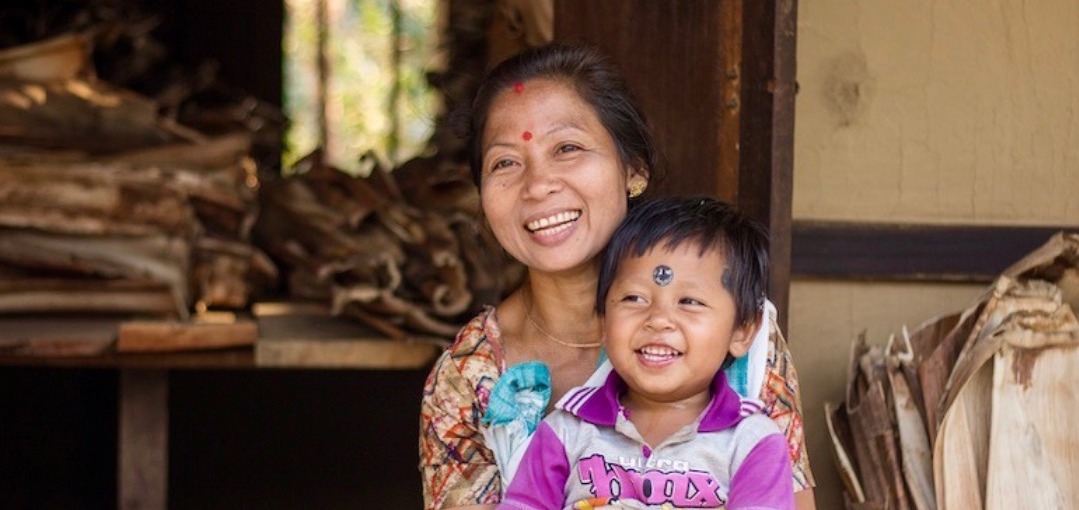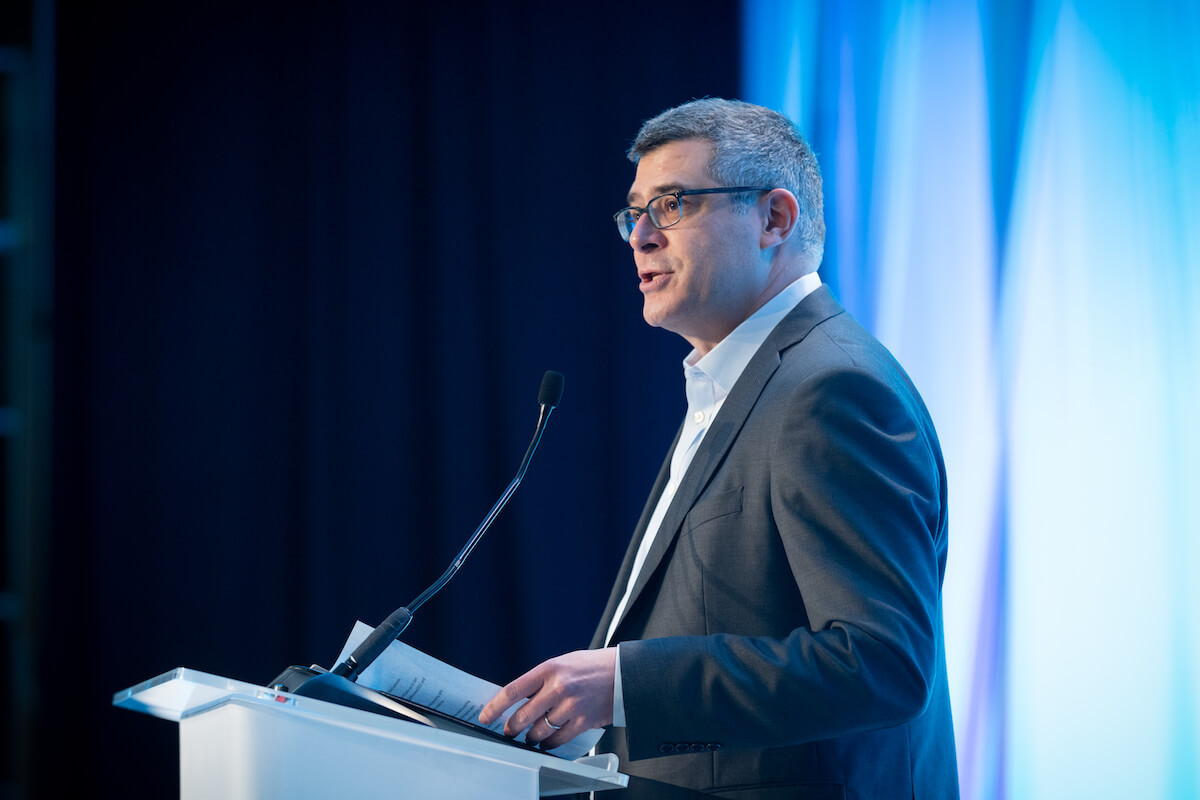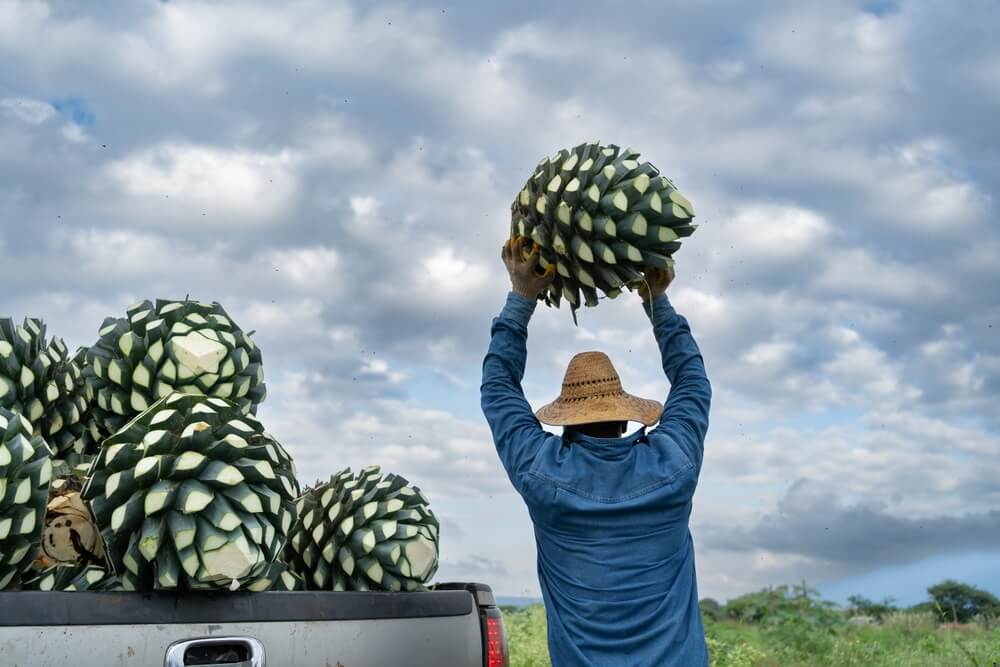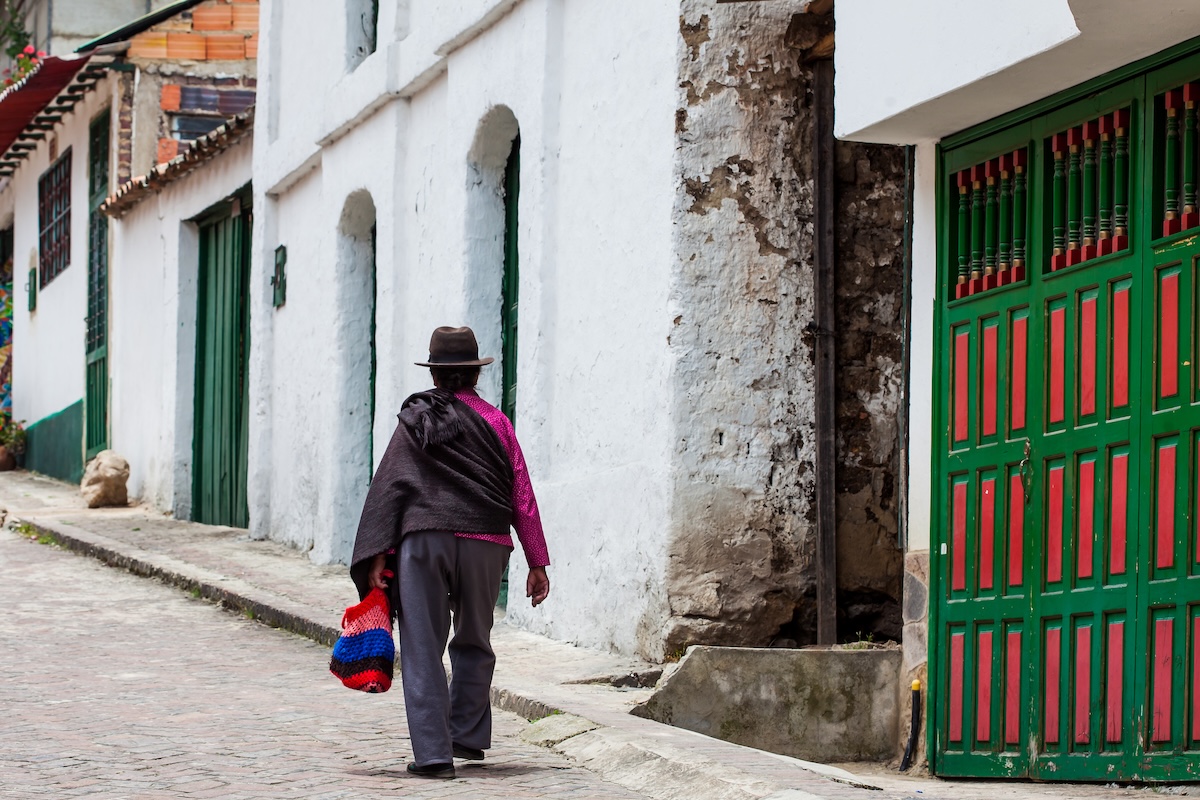The temperature was over 110 degrees Fahrenheit the day I met Roopa, a widowed mother of three, on her tiny plot of land in rural Jharkhand, India. She recalled that in years past, she could grow vegetables for a little income. Now, she told me, all she wanted was to grow enough to eat.
That was in 2009—14 years ago. Roopa was a woman boxed in by multiple, simultaneous crises: food insecurity, lack of education, poor housing, chronic illness—and global warming. Unemployment, however, was the immediate factor preventing her from fixing any of those problems.
Upaya Social Ventures, which I co-founded in 2011, has been obsessed with creating dignified jobs for more than a decade. Our mandate just got more urgent. It will take more than one organization to be the vanguard of a good jobs movement, which is why I am so excited to support the new Dignified Jobs Collaborative.
The Collaborative is a platform bringing together like-minded job creators—those who are skilled in, and passionate about, advocating for better job quality through impact investments. This group is committed to rigorous job quality measurement and monitoring the follow-on improvements to other priority areas of the Sustainable Development Goals.
Yes, building economic resilience at the individual, household, and community level is a tough undertaking. But it is a prerequisite for addressing any and all of the Sustainable Development Goals (SDGs).
Climate + poverty
India has surpassed China as the biggest country in the world by population. The population of Sub-Saharan Africa will likely exceed India’s this decade.
These trends have sparked a number of questions, including population growth’s implications for pollution, greenhouse gas emissions, and climate change. Is it a foregone conclusion that more people in so-called emerging economies will put undue burden on the planet?
Also, there is a real risk of increased poverty in geographies that are experiencing population growth. Without economic stability, and agency, today’s most marginalized populations have little hope of fixing the problems plaguing their communities. As many of them, like Roopa, are quick to point out, they bear the brunt of today’s climate disasters – severe droughts, floods, pestilence, etc. – and are deeply motivated to combat environmental degradation. They, however, need the stability (ie, not being worried about where their next meal is coming from) and the means to do so.
Climate resilience is only one reason to prioritize poverty alleviation and job creation. Job shortages can also fuel social unrest, gender inequality, stymied production, adverse health outcomes, and regression on nearly all the SDGs. In India, for instance, a 2021 World Bank report found that India has one of the lowest labor force participation rates in Asia, and youth unemployment in particular is set to grow, putting the country at risk for some of these possible consequences.
And these issues spiral quickly beyond country borders.
Roopa’s story
When I met Roopa in that sweltering summer of 2009, she and her children were living in a small, dilapidated wooden structure with a metal sheet thrown on top as a roof. The dwelling sat uneasily on the outskirts of the nearby town. Roopa and her children were too poor to live in the town, so they made do with straw mats for beds and firewood for a kitchen.
The hardest thing, she said, pointing to her tiny plot of land, was getting anything to grow. They were constantly hungry, frequently sick, and her children did not attend school. The oldest would accompany her into town to beg on street corners. A local NGO attempted to “educate” her on sending her kids to school, but she couldn’t afford the fees.
“What is more important today, books or food?” she asked me.
She prayed for rain, although one year the monsoons were so severe they wiped out her house. She vehemently shook her head as I tried to discuss potential solutions: I was representing a program that hoped to train farmers on restorative land practices.
Roopa refused, saying she could not bet on an uncertain future outcome. Her children were starving today.
Locally-led solutions
Those living in vulnerable communities like Roopa are the best-positioned to generate solutions, because they understand the problems at a deep, local level. Stable employment can unlock resources, ideas, infrastructure, and networks to address persistent challenges. Employment can also equip vulnerable communities with the steadiness to create their own green economies.
But these new jobs cannot be extractive. They must be like strong, dependable arms that push all of us to be better versions of ourselves, stepping stones to help us achieve more than we thought possible, and lights that reveal a vision of peace and a promise of prosperity for future generations. In short, the jobs of tomorrow must uphold dignity.
It’s time we shift the narrative from those who are powerless – those who feel the full force of our collective environmental and social problems – to creating powerful agents of change. Dignified jobs unlock the energies of today’s most underestimated, and unleash the potential of all people to build a more resilient future.
Sachi Shenoy is co-founder and chief impact officer of Upaya Social Ventures.











